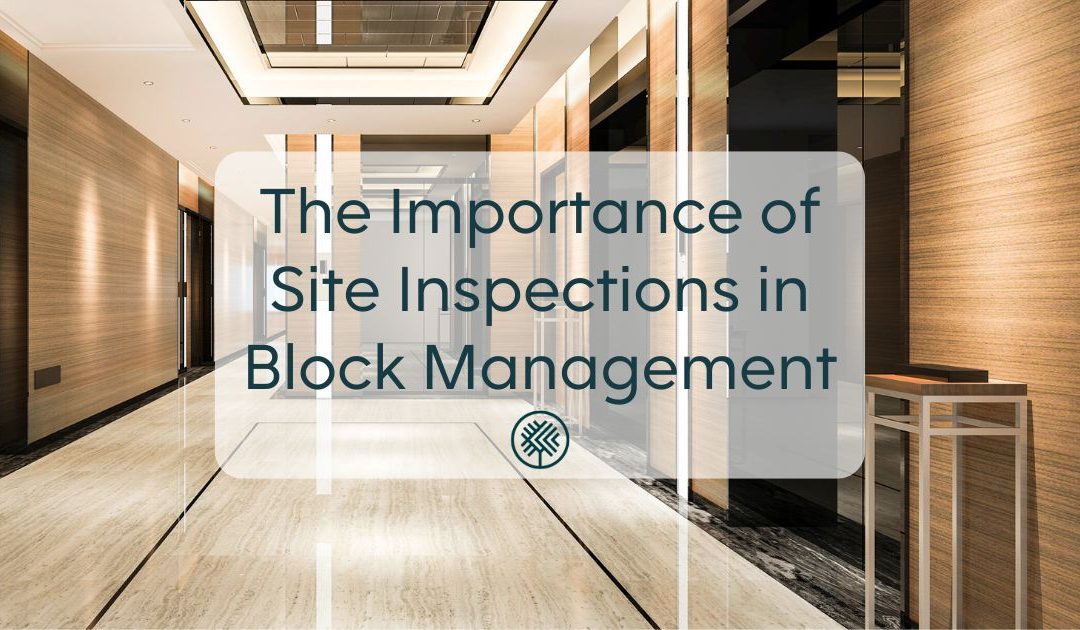In residential block management, regular site inspections are essential — yet they’re often overlooked or reduced to a quick tick-box exercise. Inspections that are well-planned and actually happen can make all the difference when it comes to the safety, upkeep, and overall satisfaction of residents in a building.
Here’s why they matter, and what a good inspection should include.
Why Are Site Inspections So Important?
Catching Issues Early
Small problems — like cracked render, blocked drains, or faulty lighting — can quickly become major headaches if ignored. Routine visits help identify and resolve these issues before they become costly or disruptive.
Checking Contractor Standards
It’s one thing to instruct a job; it’s another to make sure it’s been done properly. On-site inspections are a chance to verify that works have been completed to a high standard and in line with the original brief.
Maintaining Safety and Compliance
Site inspections play a key role in ensuring the building remains compliant with legal and safety requirements. This includes checking fire doors, emergency exits, signage, lighting, and communal areas to make sure everything is functioning and up to standard.
Reassuring Residents
When residents see that their building is being actively managed, it builds trust and confidence. It shows that their concerns will be taken seriously and that the property is being cared for, which in turn can reduce complaints and increase satisfaction.
What Should a Good Site Inspection Include?
-
A walk-through of all communal areas, inside and out
-
Checks on lighting, flooring, handrails, signage, and fire safety measures
-
Notes on the condition of external areas such as roofs, drains, and car parks
-
Review of any ongoing or recently completed works
-
Photographs and notes on any issues or potential risks
-
Clear follow-up actions and timelines
Frequency of inspections may vary depending on the size and complexity of the building, but a typical block should be inspected every 1–3 months.
The Bottom Line
Site inspections aren’t just a formality — they’re a vital part of good property management. When carried out properly and regularly, they prevent costly repairs, support legal compliance, and create a better living environment for everyone involved.
If you’re involved in managing a block, make sure inspections are happening regularly, being properly recorded, and — most importantly — followed up.
If you would like to speak with one of the team about site inspections please feel free to get in touch, check out our contact details here.

